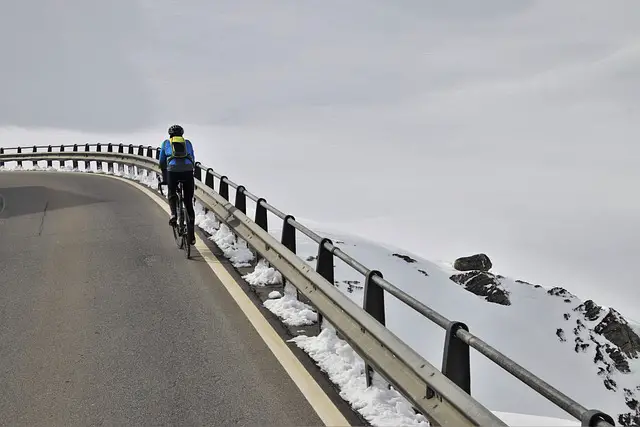Backpacking is an incredibly rewarding activity, but it can also be a serious adventure. It’s vital that you know how to stay hydrated and pack accordingly. One of the most important questions to ask yourself before heading into the great outdoors is: how much water should you bring?
What are the Benefits of Having Adequate Hydration?
Staying hydrated is essential for any outdoor activity, but especially when it comes to backpacking. Proper hydration can improve your overall performance and energy levels, reduce fatigue and muscle cramps, prevent headaches and dizziness, and even reduce your risk of heat-related illnesses. Staying adequately hydrated also helps your body to better regulate its temperature, so you can stay comfortable and perform at your best.
How Much Water Should I Bring Backpacking?
The amount of water you should bring backpacking varies depending on factors such as the time of year, the type of terrain you’ll be traversing, and your own body’s needs. Generally speaking, you should bring at least two liters of water per person, per day. This should be sufficient for basic camping activities, but if you plan on engaging in more strenuous activities, like long hikes or backcountry skiing, you should bring more.
How to Carry Enough Water While Backpacking?
You should ensure that you have enough containers for the amount of water you plan to bring. Water bladders like Camelbak are great for carrying multiple liters of water, and water bottles such as Nalgene bottles are great for smaller amounts. You should also invest in a water filter or purification tablets if you’ll be relying on natural sources for your water.
Tips for Staying Hydrated While Backpacking
Staying hydrated while backpacking is just as important as bringing enough water, so here are a few tips to get you through your adventure:
• Make sure to drink regularly throughout the day, even when you don’t feel thirsty.
• Bring more than the recommended amount of water.
• Avoid caffeine and alcohol as they can dehydrate you.
• Bring snacks with high water content, such as fruits and vegetables, to keep you hydrated.
• Avoid strenuous activities during the hottest parts of the day.
• Wear a sunhat or other clothing that helps protect your skin from the sun.
• Use electrolyte tablets or sports drinks to help replenish lost minerals and electrolytes.
• Have a backup plan in case you run out of water, like knowing the closest water sources.
Final Thoughts
Knowing how much water to bring backpacking is essential for any outdoor excursion. Make sure that you bring enough to stay hydrated and energized throughout the day. Stock up on water bottles and water filters, and don’t forget to drink regularly throughout the day. Be sure to follow the tips above for staying hydrated and you’ll be ready for a safe and successful adventure.




